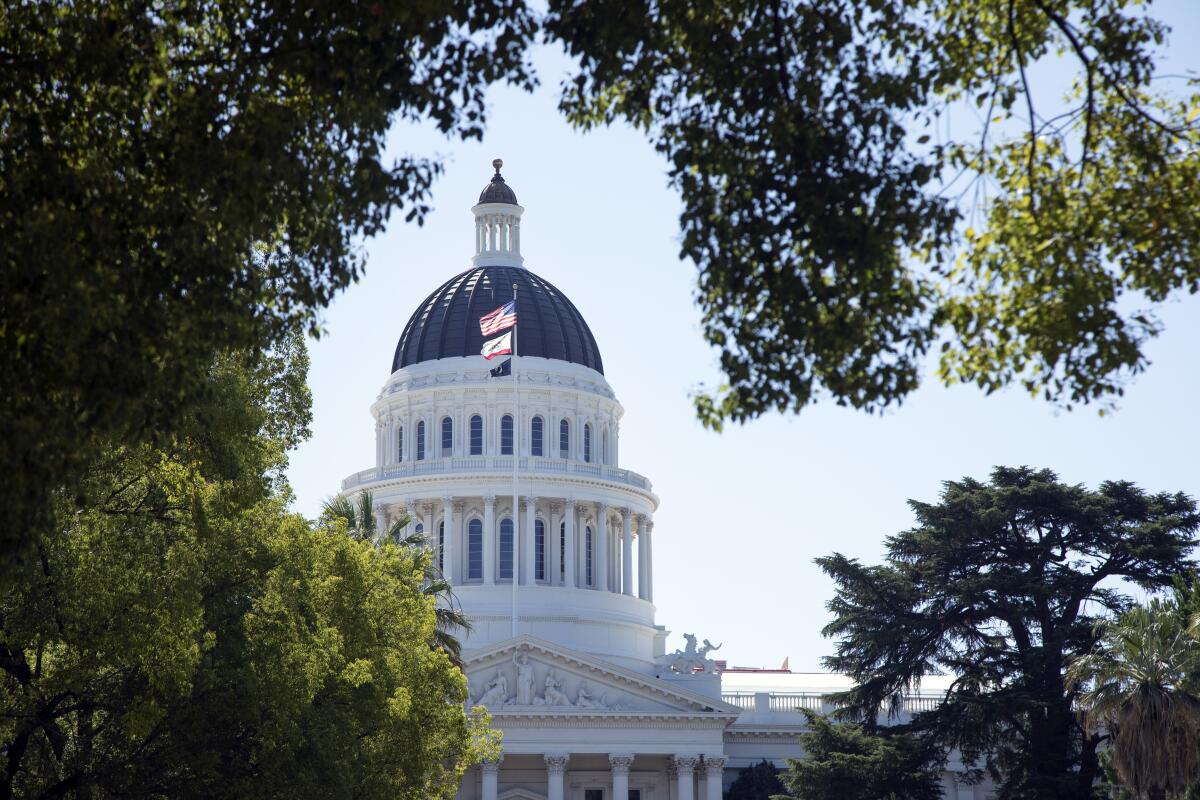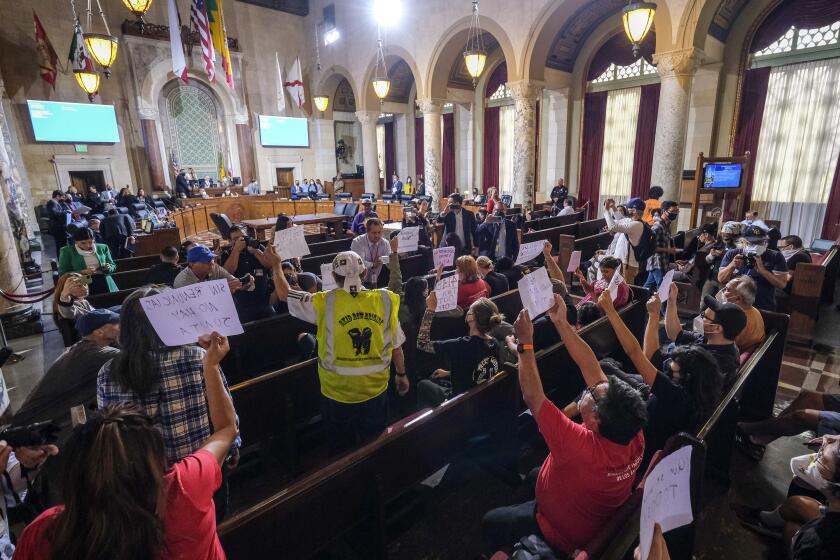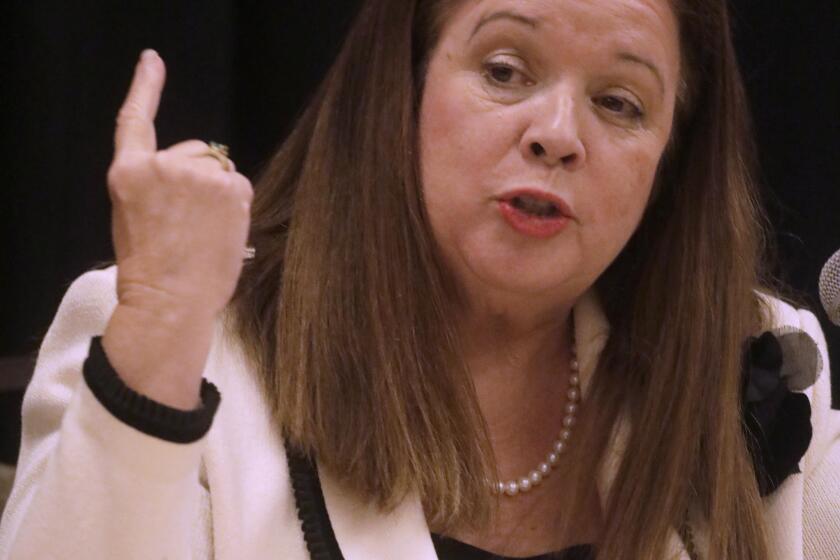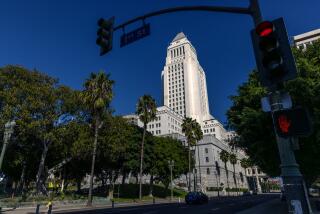Editorial: It’s time for California’s public officials to return to work. In person

Temporarily allowing state officials to participate in meetings from home or from secret locations by phone, Zoom or other electronic means made perfect sense in 2020, to permit government to function without spreading disease.
But California’s COVID-19 state of emergency ended in February. The public health justification for lawmakers and state commissioners to do their public business out of public view has ended.
Yet lawmakers are trying to hang on to pandemic-era emergency rules that suspended open meeting laws. Last year, for example, they extended the state open meetings exception through July 1. That extension expired just over a week ago, so now the Legislature is mulling SB 544, which would make the former emergency rules permanent.
If they succeed, Californians will lose their important right under the Bagley-Keene Open Meeting Act to be in the same room as their representatives who make decisions on issues of public importance. It would be a backward step for democracy.
It’s great that technologies widely used during the pandemic allowed more members of the public the option to participate in their city council meetings from home, or anywhere else. But for public meetings to remain public, government officials should still have to be there in person.
Never again would Californians have the right to watch and address members of the Board of Parole Commissioners in person while they consider whether to release a prisoner, for example, or look members of the Coastal Commission in the eye while discussing whether to require private property owners to permit beach access.
The same is true of the Commission on Peace Officer Standards and Training, whose job includes hearing directly from family members of people killed or injured by police. It’s true of the Board of State and Community Corrections, which recently ordered two Los Angeles County juvenile halls to close and approved reopening another. It’s true of the Public Utilities Commission, the Air Resources Board, the California Water Commission, and the many other state bodies that make essential spending, rule-making and adjudicatory decisions. It’s true of the Legislature itself.
Private businesses are weighing the pluses and minuses of retaining work-from-home patterns that characterized the worst part of the pandemic emergency, and that’s fine for them. But, as should be obvious, it’s an entirely different matter for the elected and appointed officials who do the people’s business. They need to come to work, where the public can see them, hear them, question them, even scold them. That’s an essential part of their job.
Hydee Feldstein Soto has launched a misguided effort to weaken the state’s bedrock government transparency law.
One good consequence of the pandemic emergency was requiring governmental bodies to let the public attend meetings by phone or other electronic means, and that’s a benefit worth keeping. After all, these meetings are the public’s business and the public should be able to choose — come to a session of the Legislature or a state commission in person, or listen in online or by phone.
It doesn’t work the other way around. Lawmakers, state commissioners and board members may have gotten used to phoning in their appearances and never having to face the people, but that era should finally end. Let’s hope the members of the Assembly Governmental Organization Committee hear that message loud and clear — and maybe even in person — when they take up the bill on Wednesday.
More to Read
A cure for the common opinion
Get thought-provoking perspectives with our weekly newsletter.
You may occasionally receive promotional content from the Los Angeles Times.












